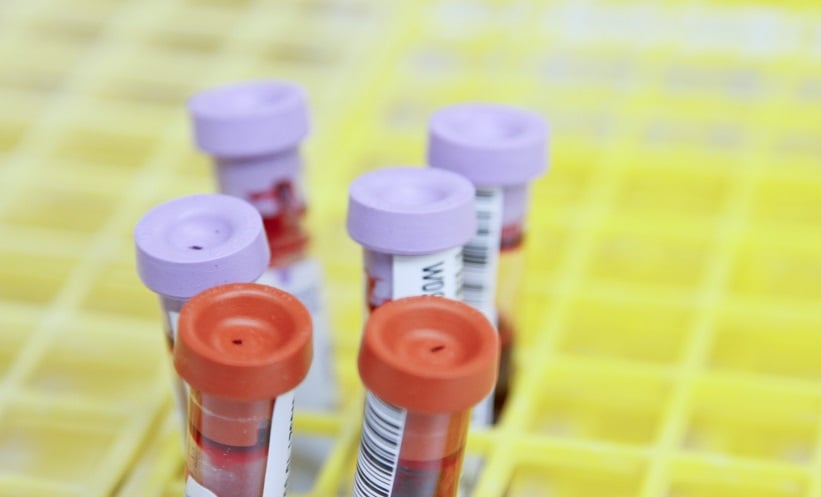COMORBID COVID-19 and cancer is complicated by immunotherapy treatment, which activates an immune system response that may already be overactive because of the viral infection. However, preliminary data from researchers at the University of Cincinnati Cancer Center, Cincinnati, Ohio, USA, have shown that immunotherapy does not exacerbate complications in this patient population.
COVID-19 symptoms are often a consequence of a heightened immune response, which leads to an increased production of cytokines: cell signalling proteins of the immune system. Dr Layne Weatherford, one of the authors of the study, further explained the consequences of this response: “Increased production of these proteins can cause issues like respiratory failure.” It was therefore thought that cancer immunotherapy might lead to poorer patient health outcomes.
Using blood samples from patients with cancer from the University of Cincinnati COVID-19 biorepository, the researchers investigated whether immunotherapy caused an increased production of cytokines. The initial findings have shown that immunotherapy did not significantly impact the levels of these immune response proteins.
Following these results, the authors are now examining how immune checkpoint inhibitors could be used with chemotherapy or radiation treatment to dampen the immune response in patients with both COVID-19 and cancer. Preliminary data have highlighted the diabetes drug metformin as a candidate, as it was able to reduce the production of cytokines in the immune cells of patients with COVID-19.
Prof Trisha Wise-Draper, Medical Director of the University of Cincinnati Cancer Center Clinical Trials Office, commented: “Additional research is needed, but our results show that we might be able to treat COVID-19 complications with metformin or a similar drug one day.”








